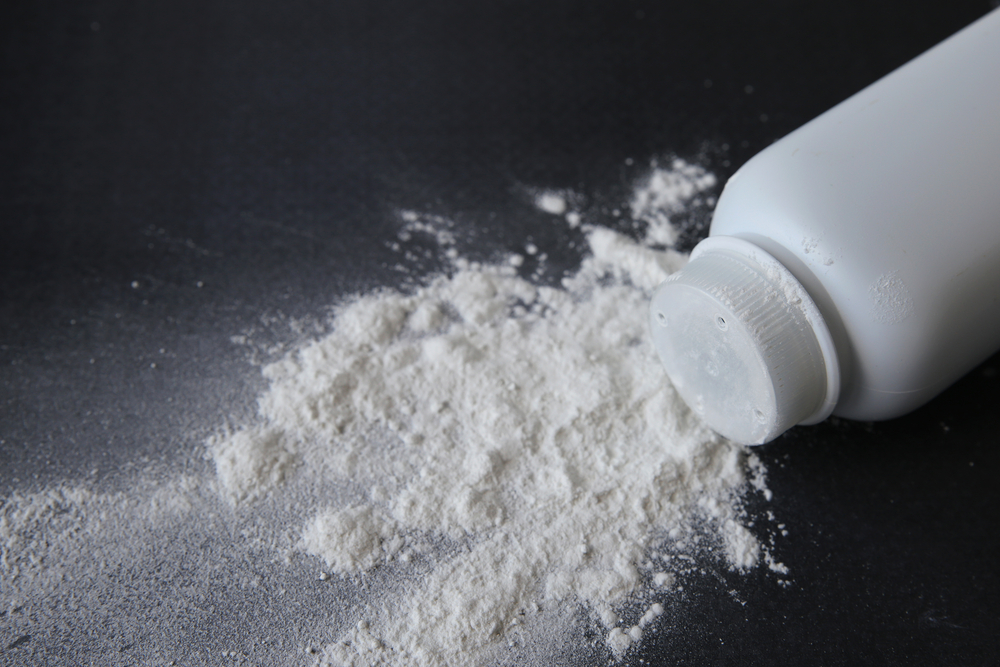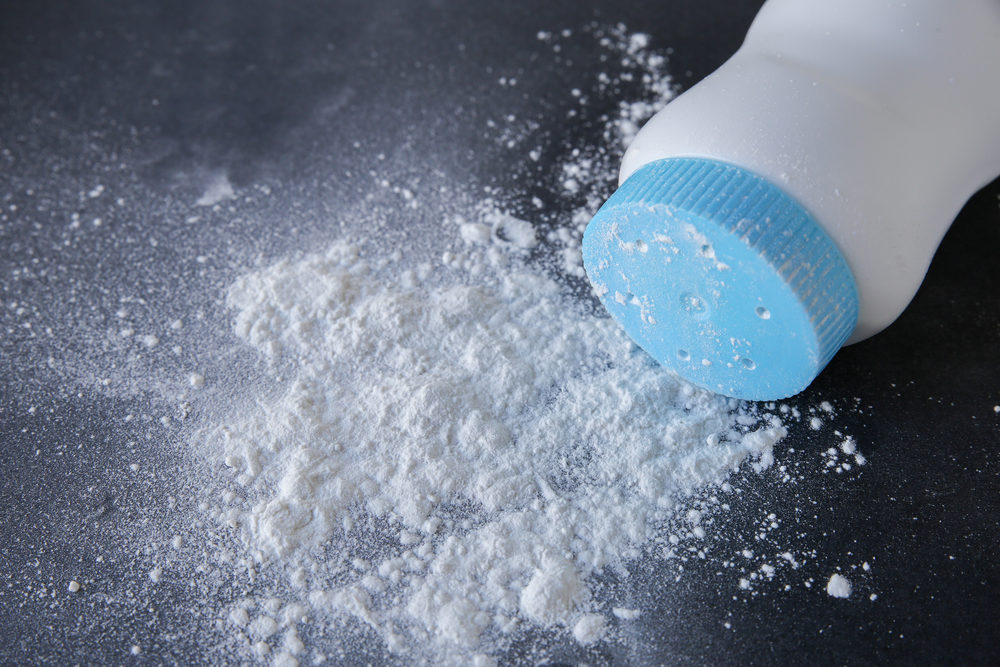A new lawsuit against Johnson & Johnson was recently filed in U.S. District Court in Connecticut, despite two recent court victories for the company.
The latest lawsuit alleges that more than 50 years of J&J talcum powder use resulted in an ovarian cancer diagnosis for the plaintiff in June 2011. She died from the disease in 2015. The complaint filed on behalf of the victim’s estate cites five counts against J&J – violation of the Product Liability Act within the Connecticut General Statutes; violation of the Connecticut Unfair Trade Practices Act within the Connecticut General Statutes; wrongful death; loss of consortium; and survival claim – and appears to be undeterred by two recent court reversals in favor of J&J, which include:
- An October 2017 reversal of a $417 million talc verdict by a California judge, who cited “serious misconduct” on the part of the jury as well as insufficient evidence at trial.
- A $72 million talcum powder verdict that was also reversed, citing a U.S. Supreme Court decision issued in 2016 that threatens to erase additional Missouri verdicts on jurisdictional grounds.
Last month, J&J lost its first California ovarian cancer-talc case and was ordered to pay $417 million in damages.
Does Talc Cause Ovarian Cancer?
Talc is used extensively in cosmetics, personal care products, and some women use it on their genital areas to absorb moisture and odor, contrary to the recommendations of most physicians. More than 22,000 women in the U.S. will be diagnosed with ovarian cancer this year, and 14,000 will die. The risk factors include a family history of breast or ovarian cancer, mutations in the BRCA genes, age, and some debate, talcum powder use.
Harvard researcher Daniel Cramer reported a connection between talcum powder and ovarian cancer in 1982, and several more studies also found a link between the two. But critics say these studies are flawed because women diagnosed with cancer might unconsciously miscalculate their use of talc, or those without a serious disease might be less motivated to remember the exact details, and other studies did not find an overall link between talcum powder use and ovarian cancer.
Other Talcum Powder News
Understanding how to bring a talcum powder case starts with a free consultation—get the answers you need.
Determining eligibility for a talcum powder lawsuit involves several factors, and guidance from our experienced attorneys can make all the difference.
Johnson & Johnson announced it will end global sales of its talcum-based baby powder, shifting to a cornstarch formula amid tens of thousands of claims linking talc to ovarian cancer and mesothelioma.
The first of over 300 lawsuits linking talcum powder to ovarian cancer has begun in California. The cases allege Johnson & Johnson knew about talc’s cancer risks for decades but failed to warn consumers.
At the end of the fifth Missouri talcum powder trial against Johnson & Johnson, jurors awarded the plaintiff over $110 million for claims that the company’s talc product caused ovarian cancer.
A Mount Sinai study found a ‘statistically significant’ link between talcum powder use and an increased risk of ovarian cancer in women.







